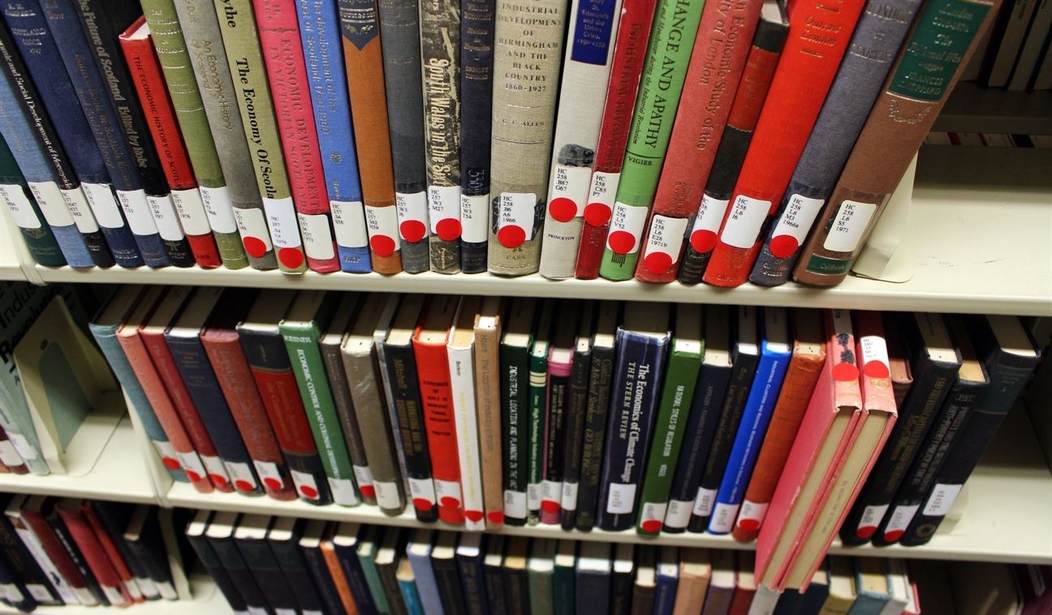Knowledge is useful, especially the kind that details our past in the most complete sense. Lately, our culture has devolved into ridding itself of things it deems hateful, offensive, or represents parts of the country that shouldn’t have a voice. This includes books, television episodes, and more.
This week, the cancel culture chopping block featured a few of Dr. Seuss’s titles, some of which were labeled “racially insensitive” because they featured minorities in stereotypical ways. Some did find it offensive and others, some of which belonged to the minority group in question, didn’t find any fault in it at all.
Personally, I didn’t see the offense in it either as these cultures do exist and they were drawn in Seuss’s goofy and charming way. What’s more, Seuss was a man who often spoke out against racism, so it’s pretty obvious that there was no malice in his drawings.
Regardless, the left has deemed it offensive and, as such, these books have got to go. These books are now being taken out of circulation, effectively turning them into collector’s items that you can only trade peer to peer, with even eBay forbidding the sale of books on their site.
It might not seem like much to some. In fact, I saw a few responses on Twitter mocking people for getting angry at the blacklisting of certain children’s books. It’s a very narrow view of things. People should understand that this isn’t just anger over the banning of Dr. Seuss books, it’s the anger of banning books.
In today’s world, we’re not gathering around and tossing books we don’t like into a fire. It’s bad optics, especially since we watched cultures who were very much the bad guy doing it so often. Instead, the way we “burn” a book now is just to deplatform it and take it out of circulation. It’s effectively a digital book burning.
This is dangerous, and not just because the digital burning of these Dr. Seuss titles will create that metaphorical slippery slope that conservative Americans are always warning people about. It’s bad because knowledge is good, even if that knowledge originally comes from a very bad source. Not to say that Dr. Seuss is a very bad source.
A very bad source would be someone like Hitler who penned a very popular book called Mein Kampf, or “My Struggle.” Within it is written some very hateful things, delusional ideas, and very backward thinking. It’s slimy, it’s awful, and I think people should read the worst parts of it.
How could I say such a thing?
Because books like Hitler’s are a good example of what not to do. We can go through its passages and see where an entire culture went wrong and why it created some of the worst crimes against humanity the Earth had ever seen. We can see the ideas that gave rise to the Holocaust and the desire for conquest that led to the bloodiest conflict the world had ever seen and still feels the effects of to this day.
The evil written in that book is valuable information nonetheless, and we can’t find value in that knowledge if Mein Kampf suddenly finds itself unavailable to the general public.
Likewise, I hate communism and much of the tactics the left uses to see that it comes about and destroys this nation like it has all others. That said, I would never wish to see Karl Marx’s Communist Manifesto or Saul Alinsky’s Rules for Radicals erased from our libraries. In these books is some of the worst ideas mankind has ever had, and from them, we can learn what we should never do. Should they be erased, the idea would thrive regardless and reappear as a fresh and new idea hundreds of years down the line. Without these books showing us the origin of these ideas, we wouldn’t know what we’re dealing with.
Knowledge truly is power and book burning/book banning is reducing the power of humanity in ways that many don’t understand. How much knowledge have we lost over the course of centuries because we lost the books that contained that knowledge? What kind of civilization would we have now if recorded history went back far past our current reckoning? What medicines, technologies, medicines, etc. were lost as a result? What lessons could we have learned?
We cannot allow the banning to continue. It costs humanity too much.













